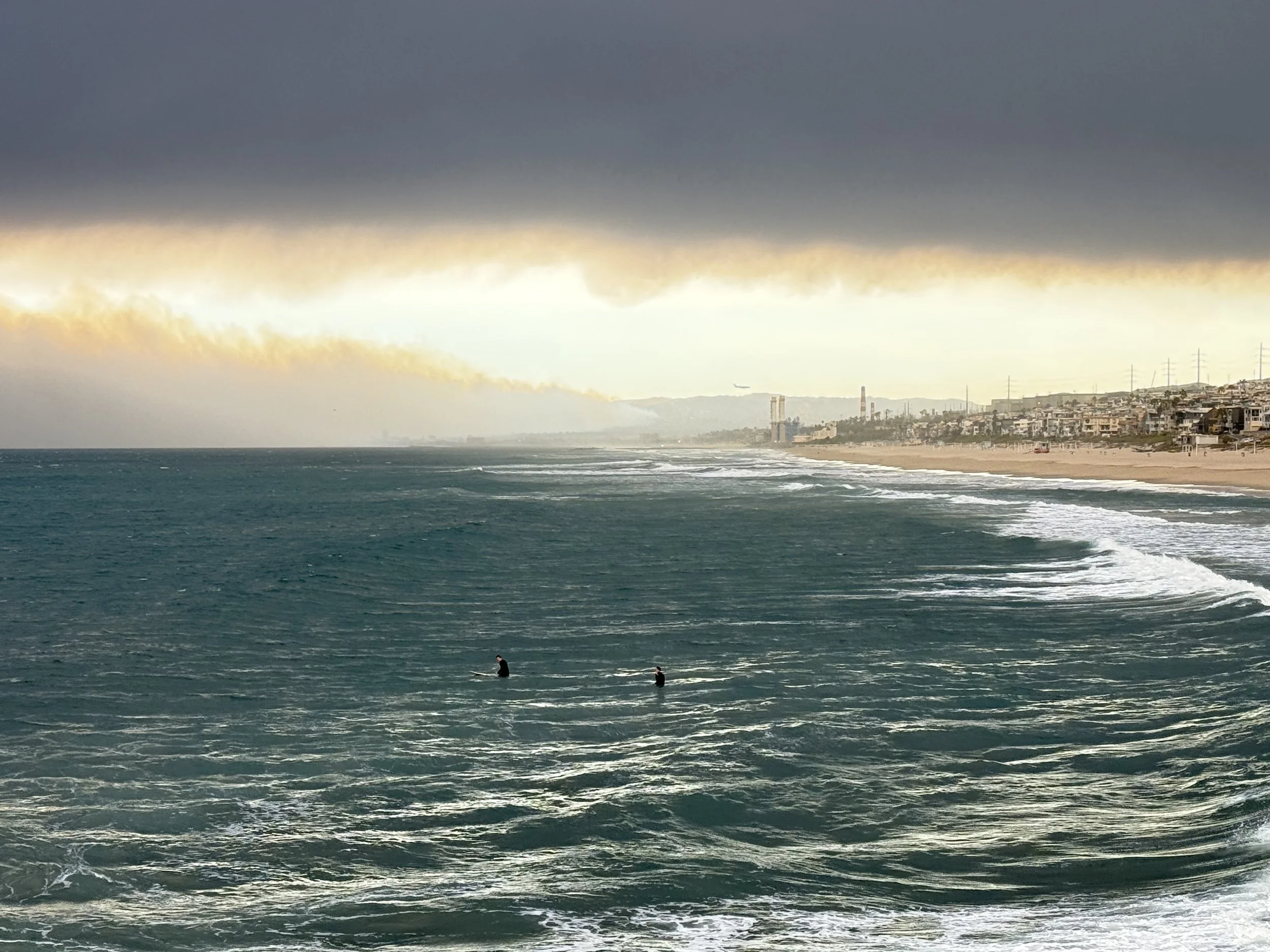What’s happening in Los Angeles, the city I have lived in since late 1992, the city I love, is nothing less than a monumental disaster. The fires will prove a defining event in the 21st century history of Los Angeles and California.
But to suggest, as some would do, that the Summer Games of 2028 are not going to happen here because of the fires – that’s just stupid. Indeed, LA28 now has a narrative – a phoenix, if you will, from the ashes.
Any such suggestion belies even a basic understanding of the geography of Los Angeles and, more broadly, of Southern California; of the layout of the 2028 Olympic venues, and of the way a Games in the United States gets financed.



![LA28 new CEO: former three-star general a 'people person' who 'gets [stuff] done'](https://images.squarespace-cdn.com/content/v1/5942ac5de6f2e1c00eb696d5/1720677631074-EU74QT0EQ786A2JFV68C/HEADSHOT_REYNOLD+HOOVER_SUITPIN_2024+%281%29.jpg)






